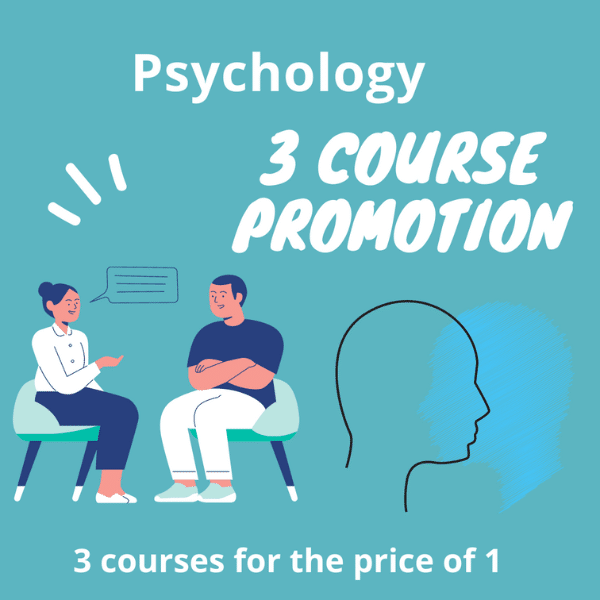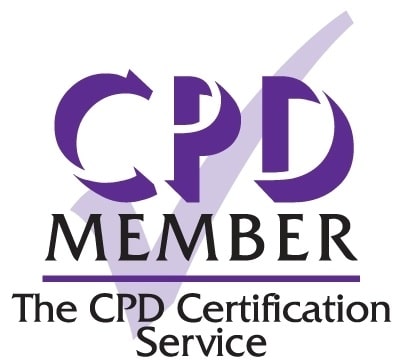
Counseling
- Definitions of counselling
- The talking treatments – differences between counselling, psychotherapy & psychoanalysis
- Counselling in society
- Skills of counselling – confidentiality, exploration, listening, reflective skills, probing skills, challenging skills, self-disclosure, immediacy, goal-setting, evaluating.
- Counsellor qualities and attitudes � tolerance, discretion, sensitivity, congruence, empathy and unconditional positive regard.
- Self-knowledge including self-development, training, supervision and referral.
- Approaches in counselling � humanistic approach, psychodynamic approach, behavioural approach, eclectic approach.
- Counselling specific problems � alcohol misuse, abuse and addiction, anxiety, panic & phobia, bereavement, trauma & loss, depression, eating disorders, stress, victim support, family counselling.
- Counselling by telephone
- Co-counselling






